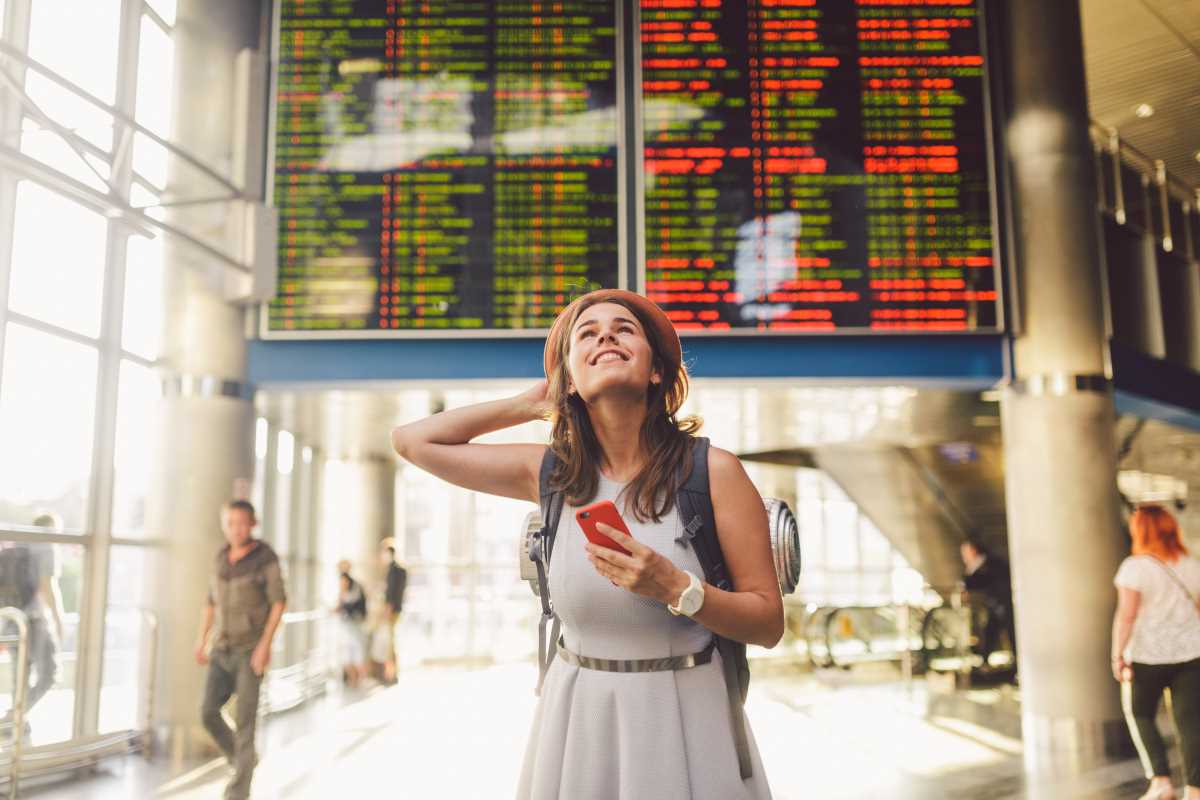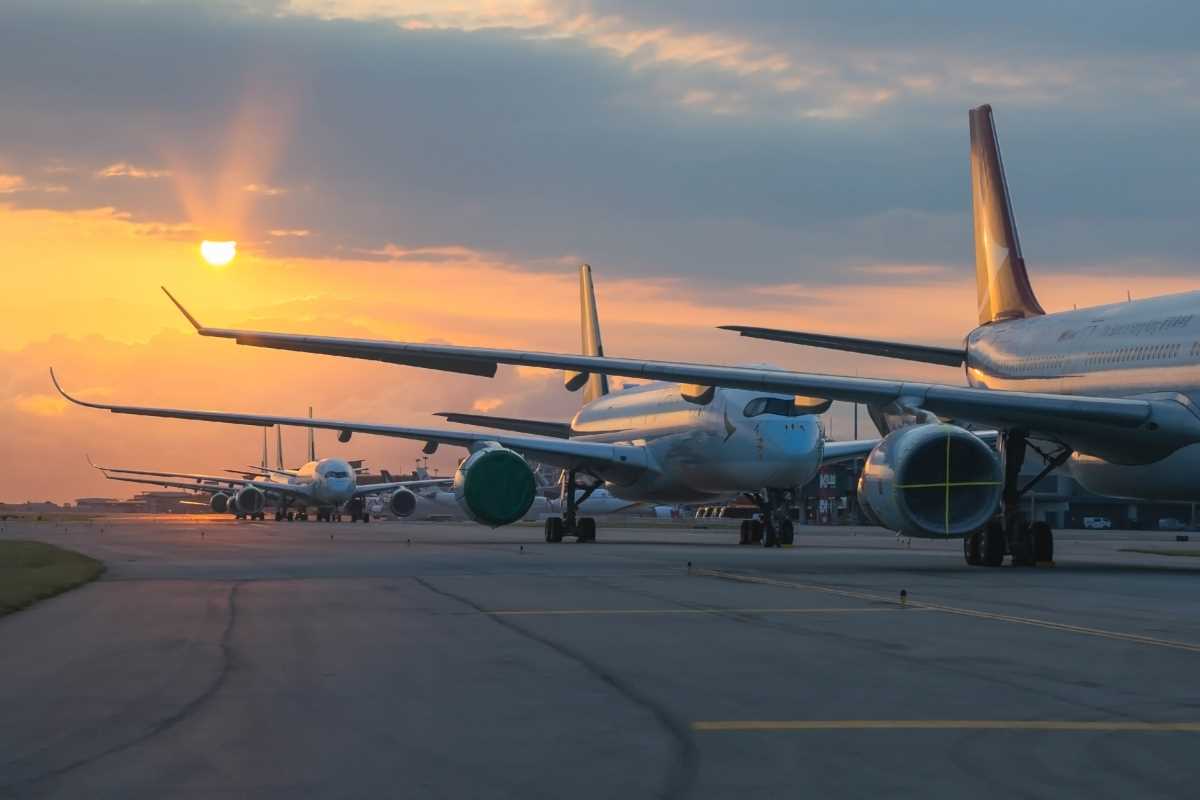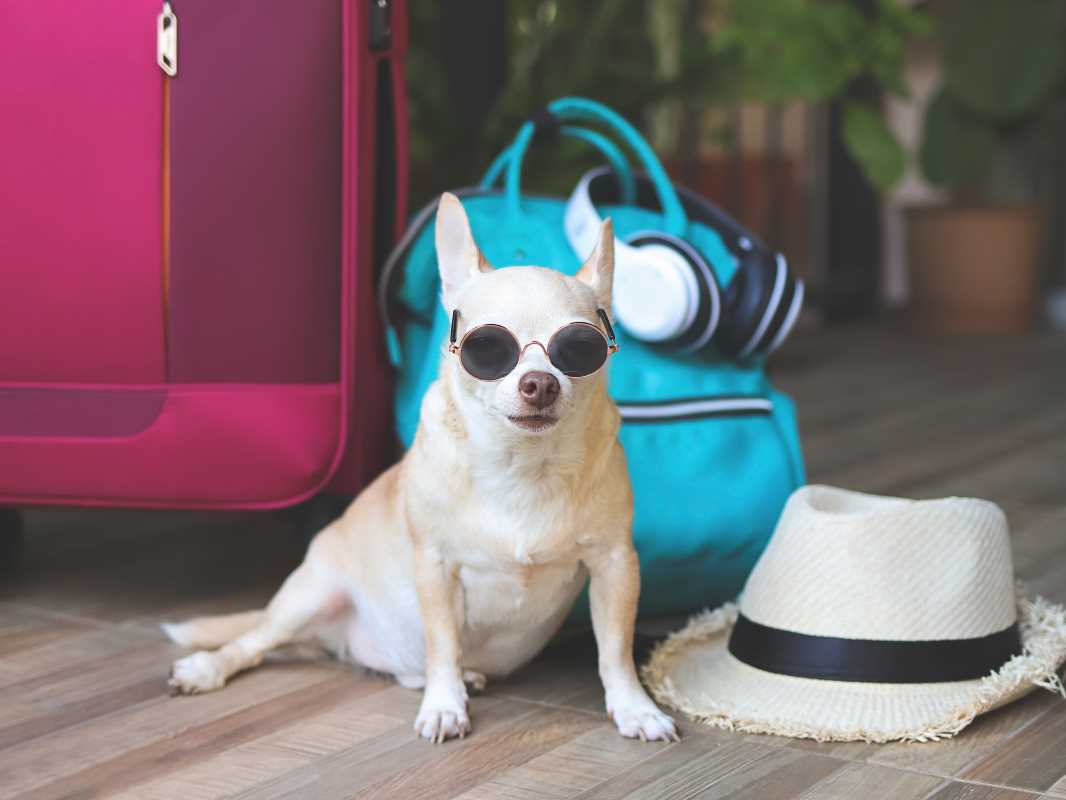Embarking on a solo travel adventure is an exhilarating experience that offers a unique opportunity for personal growth, self-discovery, and exploration. Traveling alone means you get to set your own pace, follow your interests, and truly immerse yourself in new cultures without compromise. However, the freedom of solo travel comes with the responsibility of prioritizing safety above all else. Being well-prepared, informed, and alert can make the difference between a smooth, enjoyable journey and an uncomfortable or risky situation.
If you’re planning to venture out on your own, here are some essential safety measures every solo traveler should know — empowering you to explore the world with confidence and peace of mind.
1. Research and Plan Ahead Thoroughly
Preparation is your first and most important step toward solo travel safety. Before you even book your flight, invest time in researching your destination comprehensively:
- Local Culture and Customs: Understanding the social norms, dress codes, and behaviors considered polite or offensive can help you avoid unwanted attention or misunderstandings. Some cultures have strict gender roles or expectations about how visitors should conduct themselves.
- Laws and Regulations: Know the legal environment of the place you’re visiting. For example, some countries have strict drug laws, curfews, or regulations on alcohol consumption. Ignorance is rarely a valid defense.
- Safety Concerns: Research areas that are considered unsafe or have high crime rates, particularly for tourists. Check government travel advisories, forums, and recent news reports. Plan your accommodation and daily routes to avoid these places.
- Transportation and Accommodation: Pre-book reputable accommodation in safe neighborhoods, ideally with good reviews from other solo travelers. Familiarize yourself with public transit routes or trusted taxi services. If renting a vehicle, understand local driving laws and conditions.
- Emergency Contacts: Compile a list of important phone numbers such as local emergency services, your country’s embassy or consulate, and nearby hospitals.
A well-crafted itinerary, even a flexible one, ensures you always have a backup plan and know where you’re headed at any given time.
2. Stay Connected — Don’t Isolate Yourself
While solo travel often means enjoying your own company, it’s vital to maintain connections with friends or family back home:
- Share Your Itinerary: Before your trip, give a trusted contact detailed information about your travel plans, including flight details, accommodation, and any planned excursions.
- Regular Check-ins: Schedule regular check-ins, whether via text, call, or video chat. This lets your contacts know you’re safe and provides a way for them to raise the alarm if something seems off.
- Use Location Sharing Apps: Apps like Google Maps’ location sharing, Find My Friends, or other GPS tracking services can help loved ones keep track of your whereabouts discreetly, adding an extra layer of security.
- Local SIM or Portable Wi-Fi: Ensure you have reliable internet access by purchasing a local SIM card or portable Wi-Fi device. Staying online means you can access maps, translation apps, emergency services, and communication tools whenever needed.
Staying connected reduces isolation and provides comfort, both for you and those who care about you.
3. Pack Smart and Prioritize Safety Essentials
Packing for solo travel isn’t just about clothes and gadgets — it’s also about safety gear:
- First Aid Kit: A compact kit with basics like band-aids, antiseptic wipes, pain relievers, any prescription medications, and motion sickness tablets can be invaluable.
- Travel Insurance Documents: Keep a physical and digital copy of your insurance details handy. This can expedite medical care or evacuation if necessary.
- Copies of Important Documents: Photocopy or scan your passport, visa, ID, credit cards, and keep copies separate from the originals. In case of theft or loss, these copies can simplify replacement.
- Emergency Contacts: Carry a card with emergency phone numbers, including local police, ambulance, embassy contacts, and a trusted friend or relative’s number.
- Personal Safety Items: Depending on your destination, consider carrying a whistle, flashlight, personal alarm, or pepper spray (check local laws before packing). These can help deter threats or signal for help.
- Money Management: Avoid carrying large sums of cash. Use money belts, hidden pouches, or secure bags to protect your valuables from pickpockets.
Being prepared physically with the right gear can prevent minor mishaps from turning into major crises.
4. Trust Your Instincts — Your Intuition Is a Powerful Guide
One of the best safety tools you have is your gut feeling. Solo travelers quickly learn to listen to their intuition:
- If It Feels Off, Leave: Whether it’s a person, a situation, or a location, if something feels wrong, trust that instinct and remove yourself immediately.
- Be Selective About Sharing Information: Avoid oversharing personal details like your accommodation or travel plans with strangers. This minimizes the risk of being targeted.
- Limit Alcohol Consumption: Alcohol can impair judgment and make you vulnerable. Drink responsibly and avoid accepting drinks from strangers.
- Stay Aware in Social Situations: While meeting new people is one of the joys of travel, stay alert to others’ behavior and keep your belongings close.
Intuition sharpens with experience, but even novice travelers benefit from tuning into their feelings and acting cautiously.
5. Maintain Vigilance in Your Surroundings
Situational awareness is crucial for solo travelers:
- Watch Your Belongings: Keep bags zipped and close to your body. Avoid distractions like phones or headphones that reduce your awareness.
- Be Careful in Crowds: Tourist hotspots, markets, and public transport are prime locations for pickpockets. Stay alert and avoid carrying valuables in easily accessible pockets.
- Avoid Walking Alone at Night: Whenever possible, use trusted transportation rather than walking alone in poorly lit or deserted areas after dark.
- Recognize Common Scams: Research common scams in your destination (e.g., fake taxi drivers, distraction thefts) and learn how to avoid them.
Being mindful of your environment significantly reduces risk and helps you respond quickly to potential threats.
6. Learn Basic Self-Defense Skills
While avoidance is the best defense, knowing some self-defense techniques adds confidence:
- Take a Class: Many gyms and community centers offer short self-defense courses that teach practical moves anyone can use.
- Learn to Use Everyday Items: Keys, pens, or even your bag can be improvised for protection.
- Stay Calm: In any threatening situation, staying calm and thinking clearly increases your chances of escaping safely.
Self-defense training is empowering and can help you feel more secure navigating unfamiliar environments.
7. Prepare for Emergencies
Emergencies happen, and being ready can make all the difference:
- Know Local Emergency Numbers: In many countries, 911 won’t connect you to emergency services. Research and memorize or store the local numbers for police, fire, and medical help.
- Identify Nearby Facilities: Locate the nearest hospitals, clinics, pharmacies, and police stations relative to where you’re staying.
- Have Backup Plans: Know the route and schedule of transportation options to return to your accommodation quickly if needed.
- Keep Emergency Cash: A small amount of cash tucked away separately can be a lifesaver if cards are lost or stolen.
Planning ahead ensures you’re not caught off guard when urgent situations arise.
 (Image via
(Image via





